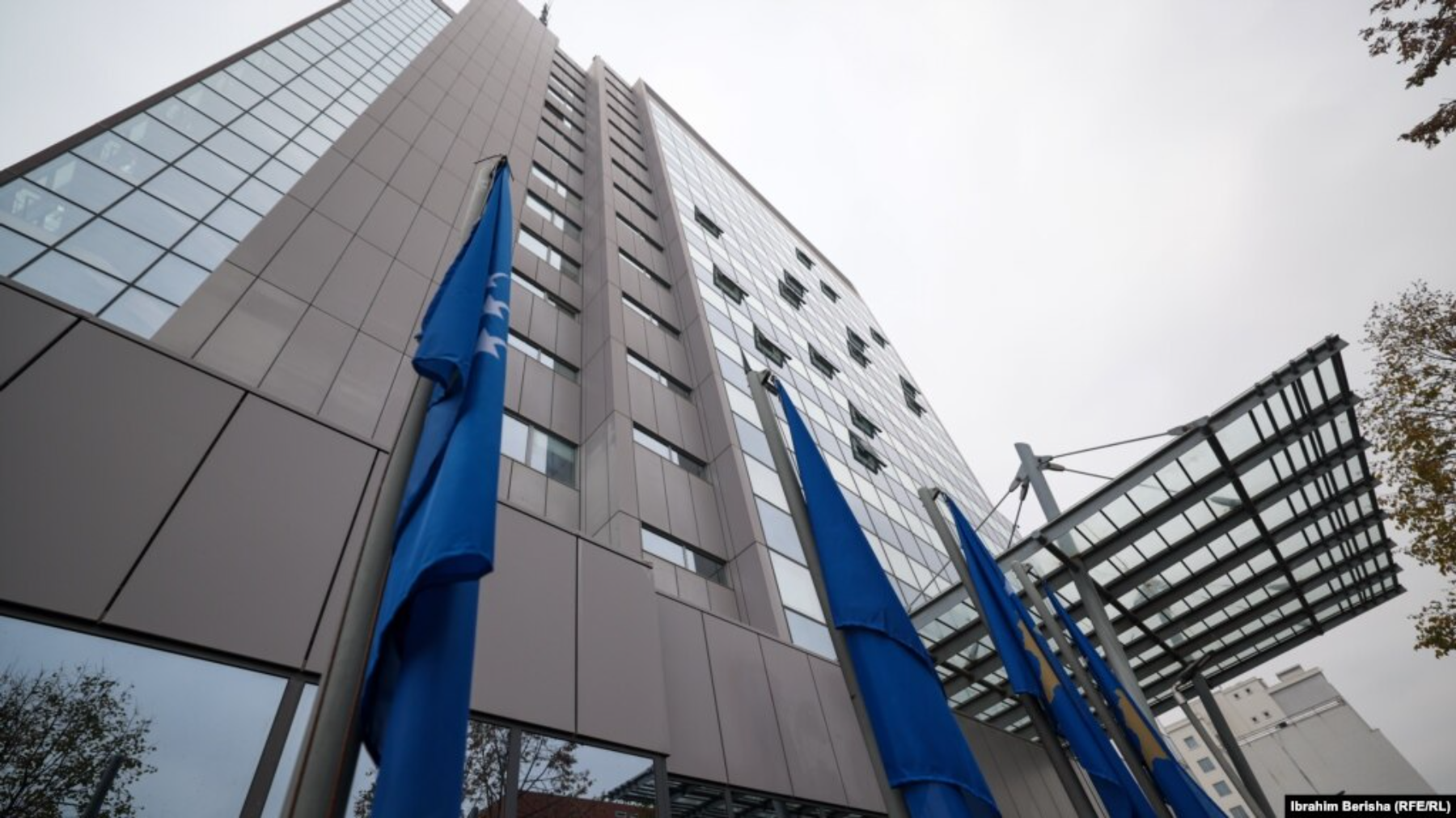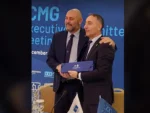Ten years ago, the German government initiated the so-called Berlin Process to accelerate the region’s integration with the EU and improve cooperation among states.
The Vienna-based newspaper “Der Standard” reports that Kosovo is being pressured by German diplomats.
According to the article, the approach is deemed “accommodating” towards Serbia.
The article mentions the ban on imports of goods from Serbia to Kosovo, a decision made by the government in mid-July 2023 for security reasons, as stated.
“Kosovo is already subject to EU sanctions, referred to as ‘measures,’ due to other decisions made by Albin Kurti’s government.
Serbia, on the other hand, is the number one trading partner—both for Germany and for the EU—despite the fact that Serbian militias linked to the regime in Belgrade carried out a terrorist attack against the Kosovo police exactly one year ago, resulting in the death of a Kosovo police officer. Serbia has never been held accountable for this.
Meanwhile, the two most important EU countries, Germany and France, have signed significant economic agreements with the Serbian government. Germany and its automotive companies, such as Mercedes, are supporting the opening of a controversial lithium mine in western Serbia, seeking to use this raw material for their electric car batteries. France, on the other hand, sold twelve Rafale fighter jets to Serbia,” the article emphasizes.
Furthermore, the article notes that there are no signs that Vučić is moving toward the West.
Recently, Germany has urged institutional leaders in Kosovo to abandon their insistence on the ban on Serbian goods and not to risk exclusion from CEFTA.
Kosovo may face demands for exclusion from the Central European Free Trade Agreement (CEFTA) and other punitive measures if it continues to maintain the ban on Serbian products, warned German envoy for the Balkans, Manuel Sarrazin, just days ago.







